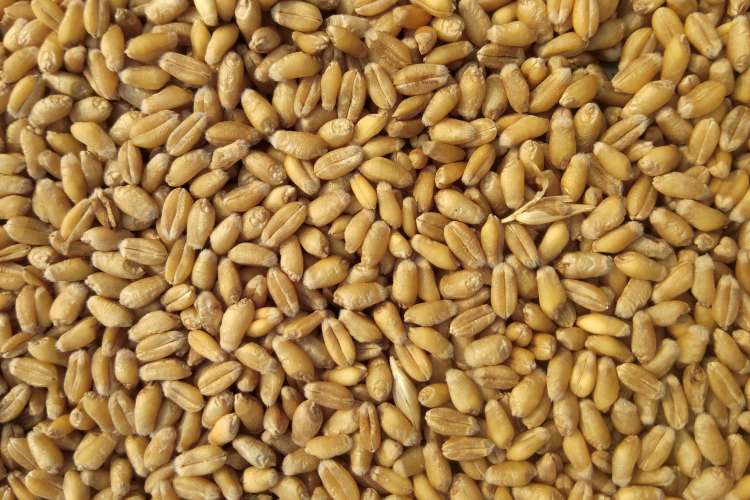
Public stockholding remains a matter of dispute between developed and developing nations, with little hope for a permanent resolution anytime soon. A draft text for the World Trade Organisation’s 13th Ministerial Conference (MC13) suggests delaying a solution until the next meeting, potentially extending the wait by two years, as these conferences typically occur biennially. Emphasising the importance of such a solution for its food security, India continues to advocate vigorously.
The concept of food security encompasses the ability of a nation to ensure adequate, affordable, and nutritious food availability for all its citizens. This includes both physical availability of food and the economic means to access it. Food security is particularly challenging for developing countries like India, where a large population, poverty, and climate change vulnerabilities create a complex scenario.
READ | Lessons from Amul’s success for India’s cooperative sector
The debate surrounding public stockholding revolves around reconciling the needs of developing nations, which are striving to ensure food security for their citizens, with the principles of free trade championed by developed nations. While developed nations raise concerns about trade distortions and potential market manipulation, developing nations highlight the crucial role of public stockholding programmes in stabilising food prices, managing risks associated with harvest fluctuations, and supporting vulnerable populations. Finding a solution that balances both perspectives and fosters long-term, sustainable food security solutions remains a central challenge for the international community.
Beyond the immediate concerns of food security, the issue also carries ethical and developmental implications. Access to nutritious food is essential for human health, well-being, and overall societal development. Addressing food insecurity requires not only immediate solutions like public stockholding programs but also long-term strategies aimed at promoting sustainable agricultural practices, reducing food waste, and empowering individuals with the means to access a healthy diet. Finding a comprehensive solution at the intersection of food security, trade, and development is crucial for creating a more equitable and sustainable future for all.
In countries like India, positioned at the forefront of climate change-induced disruptions, securing food supply is becoming increasingly challenging. Extreme weather events leading to crop failures could significantly impact the world’s most populous country, making it difficult to procure food. Restrictions imposed by the WTO only exacerbate these challenges, underlining the urgency for a consensus on defining trade-distorting subsidies. Currently, mechanisms like Minimum Support Price (MSP) and public stockholding are crucial for sustaining grain production and ensuring food security.
India’s quest for food security
India’s public stockholding programme involves purchasing food grains, such as wheat and rice, at fixed prices to then distribute at subsidised rates through the public distribution system. While India views this as essential for feeding its population, developed countries argue that the MSP distorts trade by artificially supporting farmers.
The WTO is divided on this issue, with developing nations, including those in Africa, supporting India, and developed countries, like the United States and the Cairns Group, opposing it due to perceived trade distortions. India hopes for a permanent resolution, especially as its MSP programme for rice has been criticised for exceeding WTO trade norms thrice.
Reconciling the interests of countries focused on food security with those advocating free trade is challenging. Although there were hopes that MC13 might address the issue, a resolution seems unlikely. The ministerial conference represents the WTO’s highest decision-making body.
India faces significant challenges, including being the fastest-growing large economy contending with rising food-price inflation. A considerable portion of its population struggles to afford nutritionally adequate food, with recent estimates suggesting that 74% of Indians cannot access a healthy diet. This situation has exacerbated nutrient deficiency-induced anaemia and highlighted the urgent need for policies prioritising access to nutritious food.
To combat food inflation, interventions on the supply side are necessary to stabilise prices through increased yields. Drawing lessons from the success and shortcomings of the original Green Revolution, India needs to address issues like soil degradation from excessive chemical fertiliser use and the focus on cereals over protein-rich pulses. A new agricultural revolution is essential not only to reduce food costs but also to ensure environmental sustainability.
Additionally, strengthening supply chains and reducing food waste are critical. India loses a staggering 22% of its total food grain output annually to waste, a significant economic and environmental concern that also affects health outcomes. Sustainable food security must not compromise environmental integrity, with natural resource depletion and climate change posing severe risks to agricultural productivity. In regions like Punjab, where groundwater over-exploitation threatens farming resilience, balancing nutrition, livelihoods, and environmental security is imperative.

